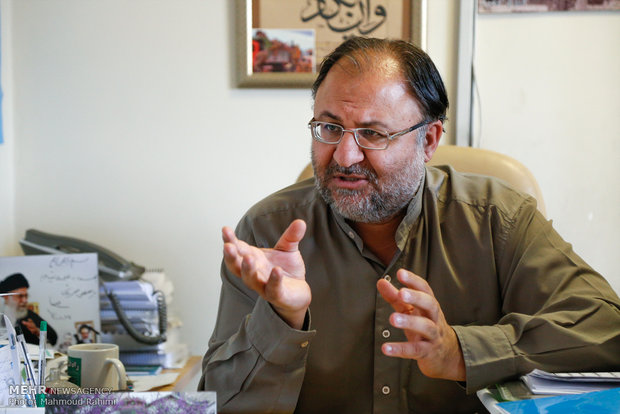Speaking in an interview with Mehr News Agency, Mohammad Sadegh Koushki , the faculty member of the University of Tehran spoke about Iran's talks with the IAEA chief in Iran.
Koushki pointed out that during the negotiations with International Atomic Energy Agency (IAEA), the Iranian negotiators must not feel indebted to the agency and speak from a position of power.
In previous periods, not only did Iran adhere to the Safeguards Agreement and JCPOA commitments, but it also adhered to the Additional Protocol, he noted.
Saying that IAEA also verified Iran's adherence, he added that but unfortunately, it has not fulfilled any of its minimum obligations under the JCPOA.
Today, as a member of the NPT, Iran will accept restrictions and monitoring under the Safeguards Agreement, the university professor said.
But there is no reason to comply with the Additional Protocol, he stressed.
Iran and the remaining signatories to the JCPOA known as the P4+1 with the indirect involvement of the United States have held six rounds of talks so far with no results. The Western powers made excessive demands during the talks and the talks were halted amid the change in the government in Iran. The new Vienna talks are to begin on November 29.
As part of the remedial measures taken by Iran amid the indifference of the JCPOA parties to continued US violations of the JCPOA, Iran halted voluntary implementation of the Additional Protocol, which allows unannounced inspections of its nuclear sites by the IAEA inspectors as per a piece of legislation approved in the Iranian parliament last December as well as the JCPOA itself.
Iran has repeatedly stated that the United States is a party that left the agreement and must first lift all sanctions in a verifiable manner, then Tehran will reverse its compensatory measures.
RHM/5357744
